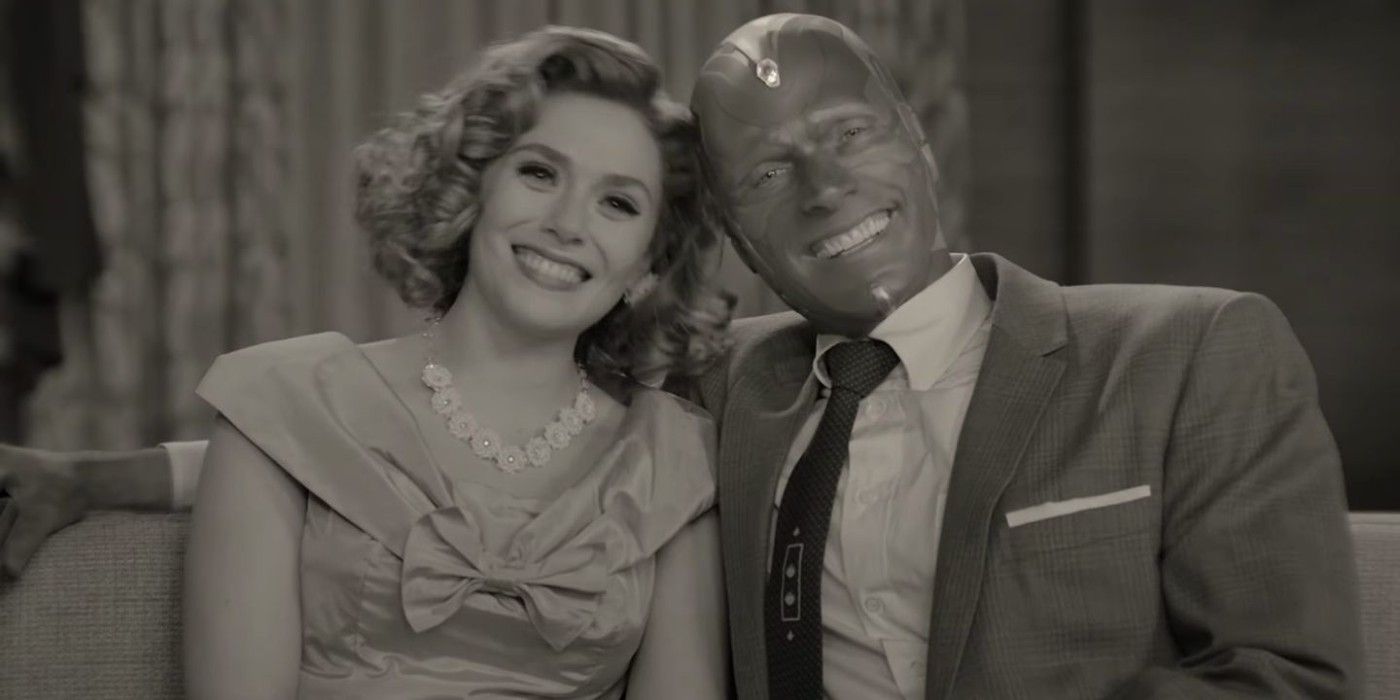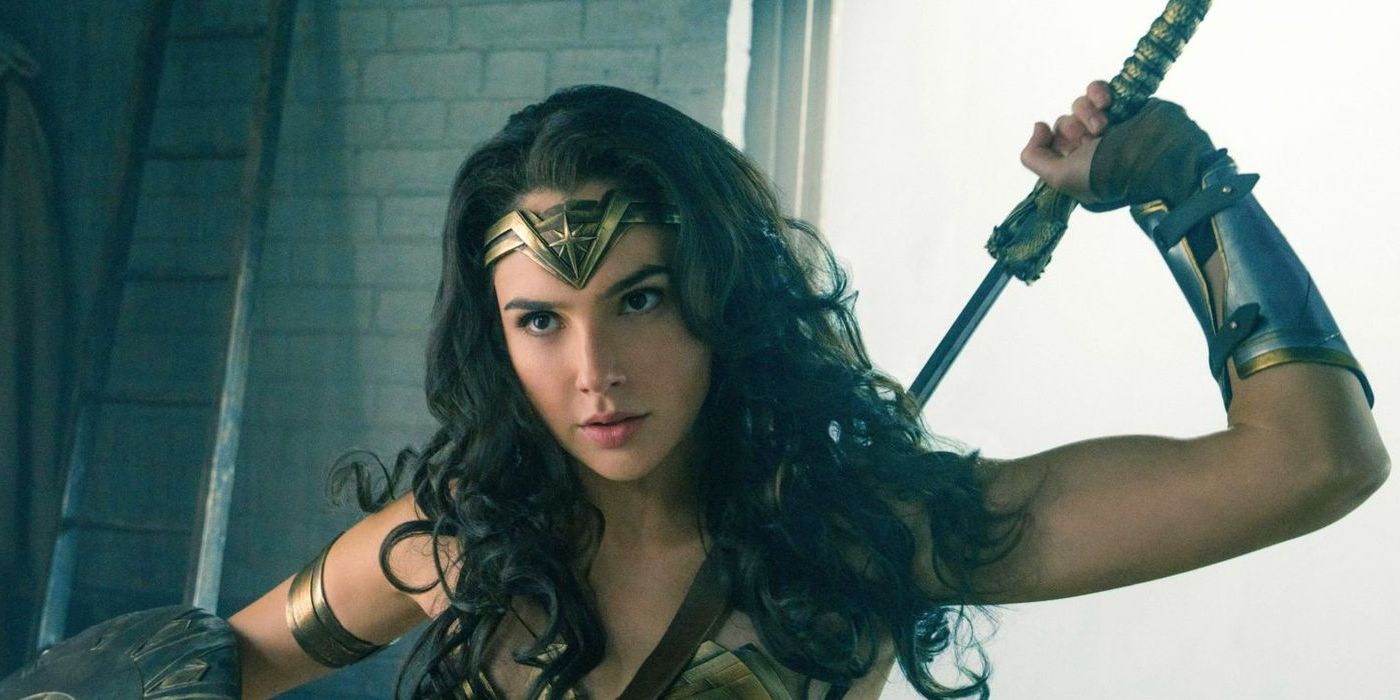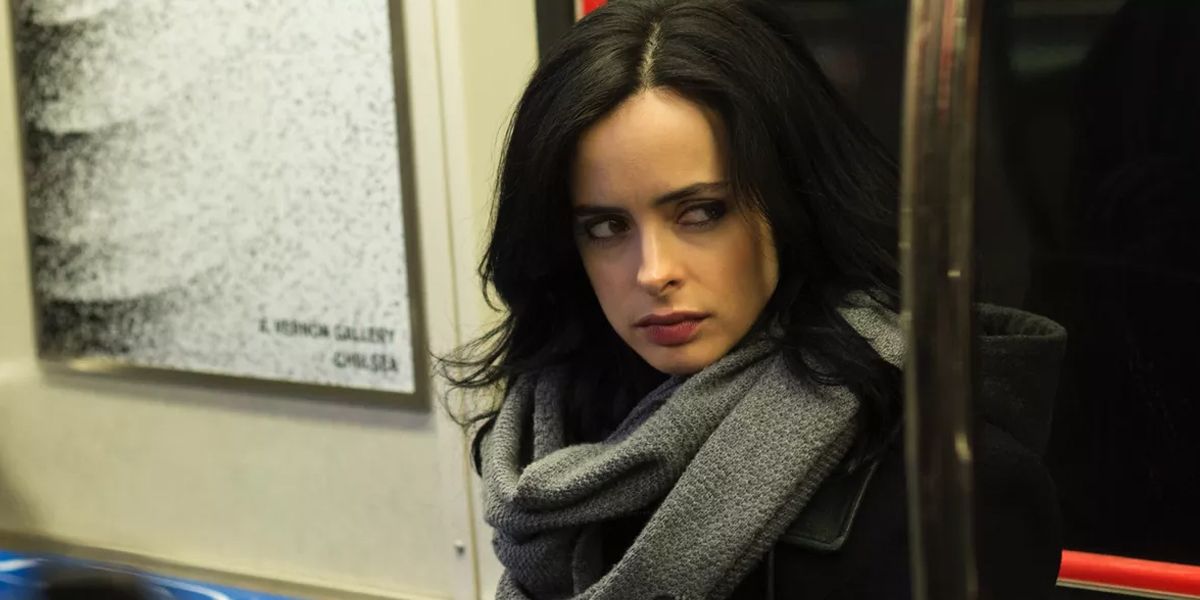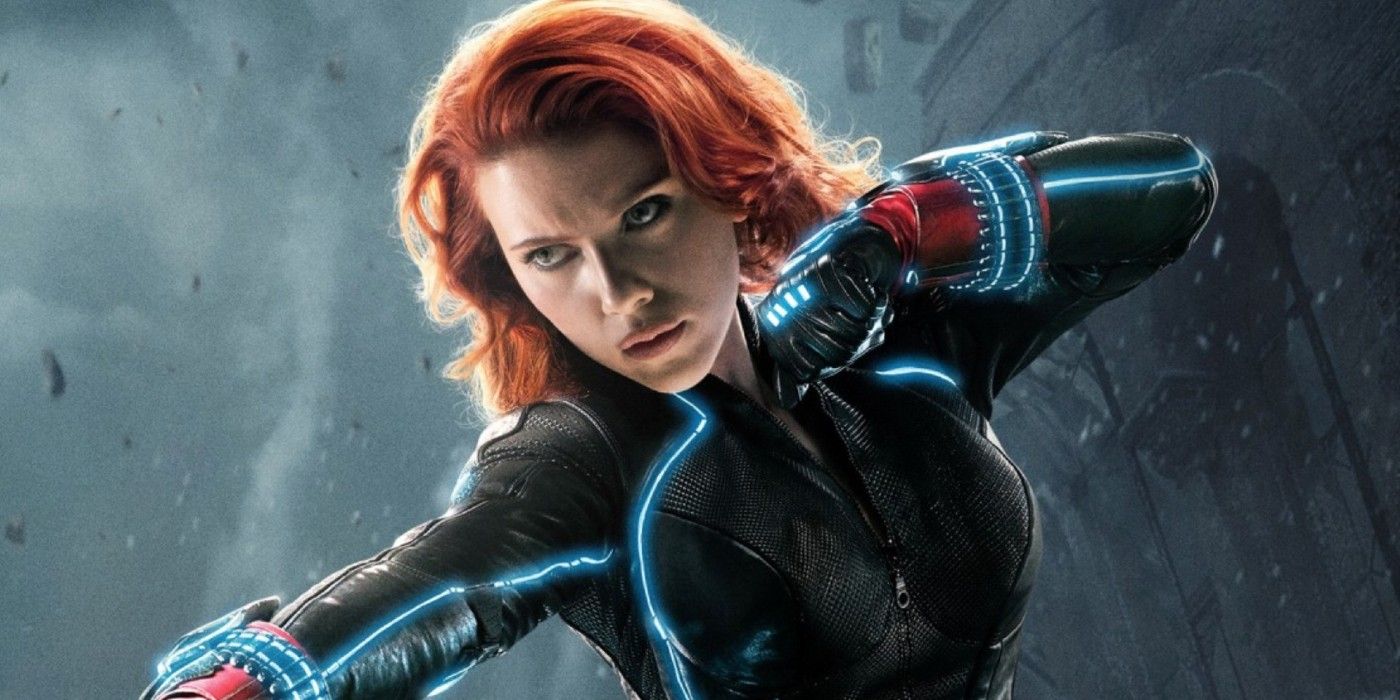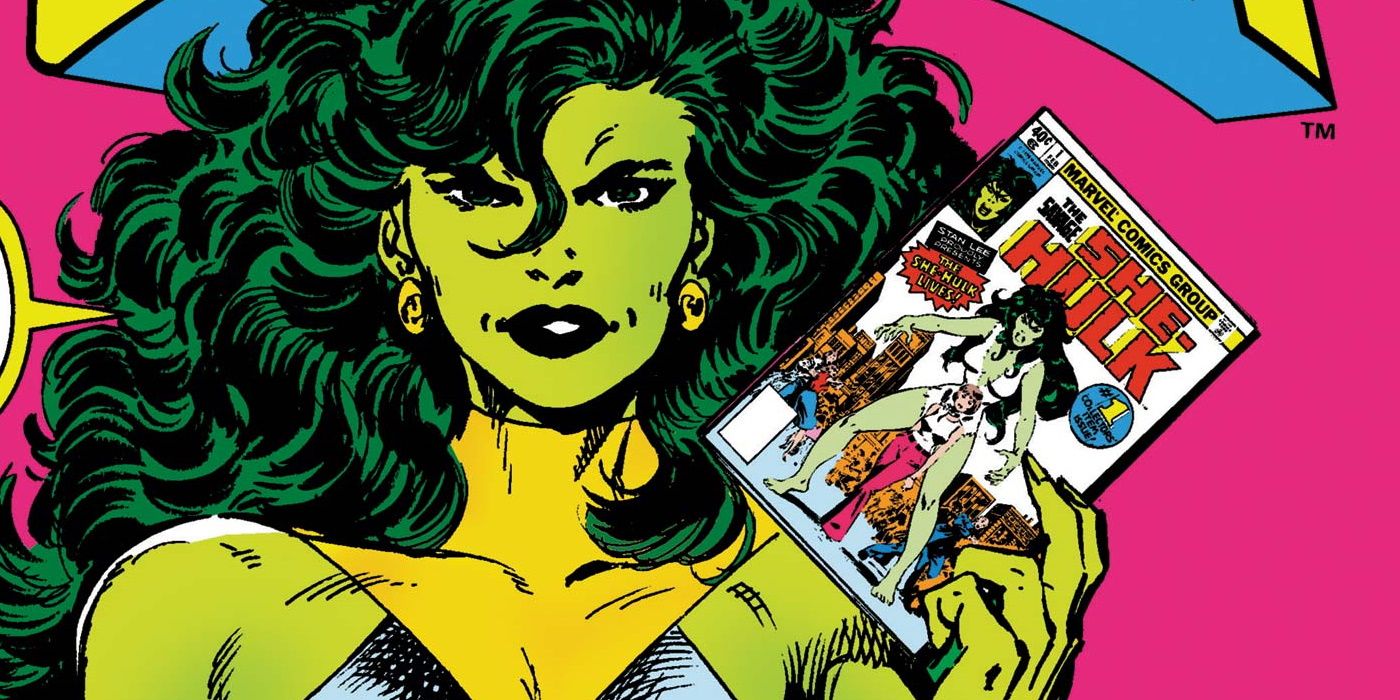When Patty Jenkins' Wonder Woman premiered in 2017, it did so to substantial acclaim, and fans adored it. It also arrived to considerable fanfare, being the first superhero film in over ten years to be led by a woman. The Hollywood Reporter noted that, at the time, it felt like a big deal, but it shouldn’t have. The question on people’s lips was simple: “Seeing as Marvel has characters like Black Widow, the Wasp and Scarlet Witch at the ready, why did DC beat the studio to the punch?”
Disney+ hopes to offer salvation. The new platform, which hit last year, has lined up eight new TV shows set to exist as part of the MCU. Of those eight shows, three are set to have female leads: Wandavison, She-Hulk, and Ms Marvel. Considering, as of November 2020, the MCU includes 22 films lead by male characters and only one lead by a woman (Captain Marvel) this feels like a significant shift. What does it mean for these female characters? Is a television show as exciting as a movie? How closely will they tie in with the films? Is this the beginning of a new era for the MCU led by beloved female characters?
For so long, executives at Marvel had been using examples like 2004’s Catwoman or 2005’s Elektra as ammunition to shoot down any hope of a female superhero hitting the big screen. They thought that, due to low box office numbers and deeply negative reviews for those films, people weren’t interested in female superheroes. They didn’t seem to take into account that both films were poor adaptions of their highly popular source material. Nor did they take into account that there had been wildly popular iterations of female heroes on screen before (ahem, Michelle freaking Peiffer! Lynda Carter! ). Still, it was true that until Wonder Woman no female lead superhero film had been successful at the box office. Instead, the MCU opted to forgo giving its central female character (Scarlett Johansson’s Black Widow) a solo film and chose to include her as a co-lead in the two Captain America sequels (The Winter Soldier and Civil War). However, her name didn’t appear above the title. Considering that character had made her debut in Iron Man 2 seven years previously and her male teammates (Cap, Thor, and Iron Man) had all starred in multiple sequels of their own people, wondered why Black Widow didn’t have her own movie.
On TV, though she remained, for the most part, separate from the MCU proper, Kristen Ritter took on the role of Jessica Jones, a private investigator with a dark past. It became the most popular of the Marvel Netflix shows and USA Today reported that most people who started watching the shows started with Jessica Jones despite Daredevil preceding it chronologically. The show, whose first series holds a 93% on Rotten Tomatoes, didn’t seem to manifest anything more prominent in the MCU at large, and her eventual team, The Defenders, saw her (just like Black Widow) as the only woman.
There was a worry when the idea of Disney+ shows started being thrown around, as, historically, the MCU hasn’t been particularly kind to its television shows. Agents of Shield, which aired for seven seasons on ABC, was never given the opportunity to crossover into the movies as their overall aesthetic was “too TV” and the less said about The Inhumans the better. The aforementioned series on Netflix, despite being of a higher quality and critically acclaimed, also never crossed over. Instead, all of Marvel’s TV properties remained MCU adjacent. The action of the movies heavily influenced the plot of the shows but, when it came to the movies, the TV shows might as well not exist. As Bruno Savill De Jong wrote for this site, "In practice, Marvel TV may have run parallel to the MCU films, but they never quite actually intersected."
However, as WandaVison is set to be the first to debut on Disney+, that might all change. All eyes are on the show to see how this new era of the MCU might ply out and the first crucial difference is that the show is very much going to exist in unison with the movies. Rumors suggest that watching WandaVison will be essential in understanding 2022’s Doctor Strange and the Multiverse of Madness and that the events of the show will directly lead into it. This will be an exciting experiment for the MCU. After all, asking an average moviegoer (who generally sees a new movie once a month) to watch an 8-hour TV show so they can understand a movie they want to see in theatres feels like a stretch. Fans will do it, of course, but the Marvel movies have a considerable mass-appeal. Avengers: Endgame, for example, doesn’t become one of the highest-grossing films of all time because of fans alone.
The question is; how much confidence does Kevin Feige have in an audience to do their homework? As the MCU has progressed, the films have become more and more interwoven but not until Endgame was it essential to have seen the movie that preceded it, Infinity War. Moviegoers could easily drop into their local multiplex and watch Captain Marvel without ending up too lost. They could watch Thor: Ragnorok without missing too much. Hell, they could even swing in to watch Civil War and still enjoy it. There has been just enough of a connection between films that they feel cohesive, but also, by design, they can be enjoyed as a standalone film 99.9% of the time.
Fans have wildly praised Elizabeth Olsen’s performance as Scarlet Witch and, since her introduction in Age of Ultron, she has become a fan favorite. As such, teamed with what looks like high production value and a stellar marketing campaign, the show is gaining a lot of attention already. Her popularity might be enough to pull people over the Disney+ for Wandavison (that and, due to the pandemic, people have a lot more time on their hands). However, just how integrated these shows will be is yet to be seen. Olsen’s inclusion signifies that it will be more than any previous television shows Marvel has made. Scarlet Witch, however, is the only established female character to move over to TV. It’s worth noting that, of these MCU shows, a lot of the male-led ones feature established MCU characters like Loki, Hawkeye, and the Winter Soldier. The real test will be when Fegie uses these shows to introduce a new character.
She-Hulk, for example, will be introduced in her own TV show and will later cross over to the movies. While Elizbeth Olsen might be able to pull people over to Disney+ due to her appearances in several MCU movies, will people tune in to see someone new? Tatiana Maslany, who was recently cast in the role of She-Hulk, has had some success on TV already with the cult-hit Orphan Black but she doesn’t have the star power Olsen does coming off her run in the MCU. The same goes for Ms Marvel’s Iman Vellani, a newcomer, who is set to play the titular role in her show.
These MCU shows are a risk. Blending together movies and TV in this way has never been done and Feige is forging onward with these female-led shows. Why could this be an issue? Well, the high level of representation here is both a blessing and a curse. If these shows do not succeed or, if they become less and less connected to the movies, there’s a concern they’ll be used just like Catwoman and Elektra were used before them. Their failure, or even if they slightly underperform, will be used against any future female-led superhero shows. When women or minorities enter into the public stage, they are doing so at the expense of their whole community. If their contribution fails, it will be used against many others in their attempts to breakthrough. This is only true for women and minorities as straight white men get numerous redo’s (just ask Adam Sandler) but executives will be watching these female-driven shows with peeled eyes.
In the end, will Feige be able to play the hero? After all, there's long been talk of bringing Squirrel Girl to the screen (with Anna Kendrick expressing interest in the role). There's also room for various X-Men characters to get their own spin-offs like Roque, Storm, or Kitty Pride to give them space to expand the characters outside of future X-Men movies. Could Feige be giving female characters the time and space to develop on TV before brings them into the movies as retribution for taking so long to get around to it? Or will he be more like the guy in HBO’s Chernobyl? Sending his female characters out into the radioactive zone knowing they won’t come back alive. We’ll have to wait and see.

